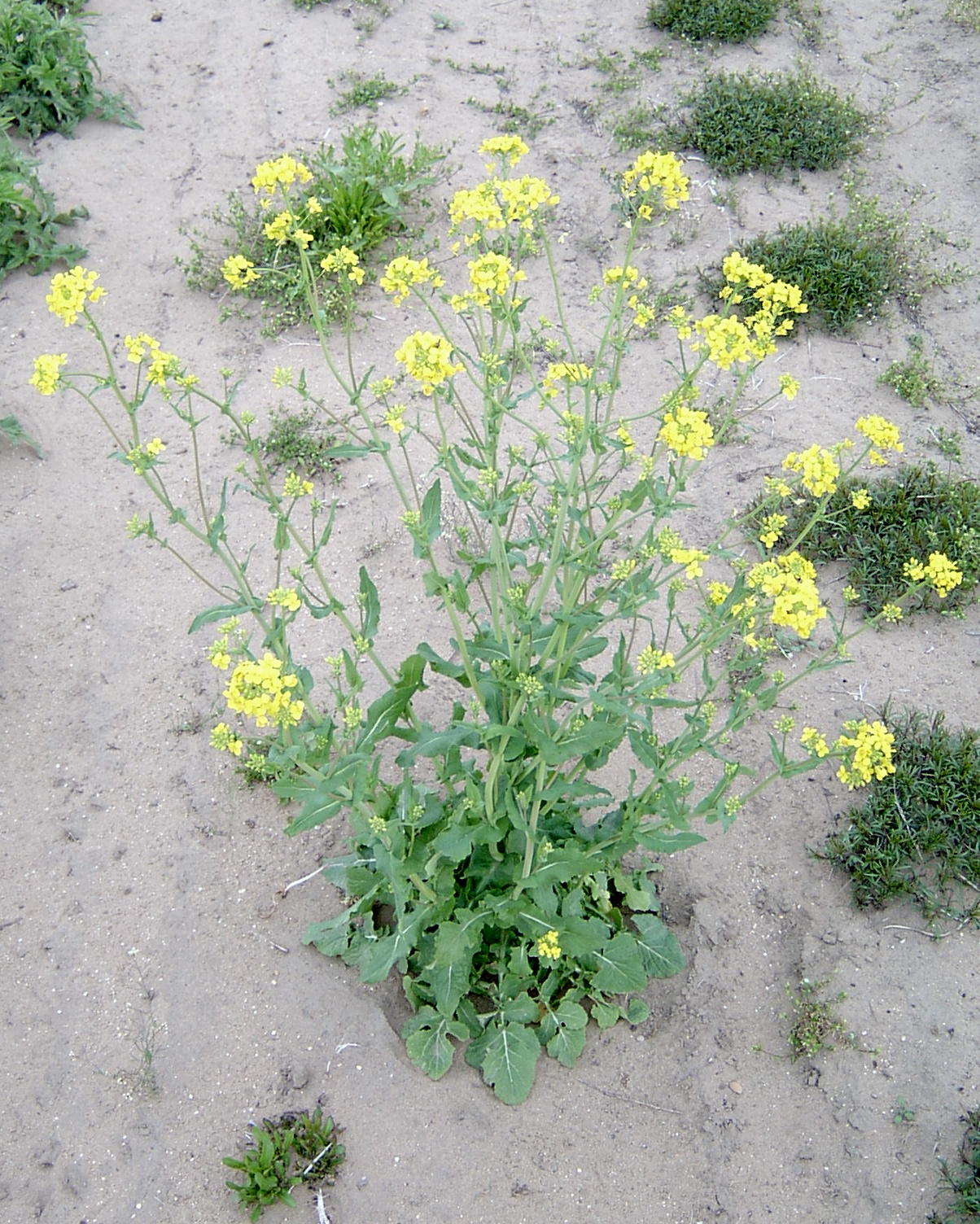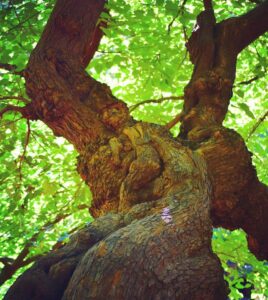Sunday is Father’s Day. As a father myself, I appreciate the recognition, and also the tolerance this day represents—because, let’s face it, us Dads aren’t the easiest folks to get along with. In particular we (and, I freely confess, I specifically) are notorious for telling bad–I mean, REALLY bad–jokes, which we are convinced are hysterically funny. There are entire web sites devoted to Dad jokes—including my personal favorite, “Pittsburgh Dad.”
Christian author Frederick Buechner called the parables of Jesus “jokes about God.”
I believe that the comedy of them is not just a device for making the truth that they contain go down easy but that the truth that they contain can itself be thought of as comic (Frederick Buechner, Telling the Truth: The Gospel as Tragedy, Comedy, and Fairy Tale [San Francisco: Harper and Row, 1977], 66).
This observation is particularly apt for the Gospel for this Sunday, which includes Jesus’ famous parable of the mustard seed:
“What’s a good image for God’s kingdom? What parable can I use to explain it? Consider a mustard seed. When scattered on the ground, it’s the smallest of all the seeds on the earth; but when it’s planted, it grows and becomes the largest of all vegetable plants. It produces such large branches that the birds in the sky are able to nest in its shade.”
To understand this parable, we need to know a few things about mustard—apart from its famously and familiarly small seeds! First, the mustard plant was a weed in Palestine: it as though Jesus said, “The kingdom of God is like a dandelion,” or “a thistle,” or “multifloral rose.”

Second, while mustard can get pretty big (just over two feet high), in no way is it “the greatest of all shrubs,” nor does it put “forth large branches, so that the birds of the air can make nests in its shade” (Mark 4:32 NRSVue).
Jesus’ audience would have included many peasants: field workers and sharecroppers. Already, they would have been startled by Jesus’ picture of agriculture: “It’s as though someone scatters seed on the ground, then sleeps and wakes night and day. The seed sprouts and grows, but the farmer doesn’t know how” (Mark 4:26-27)—saying nothing about the hard work of cultivating, tending, and harvesting crops! Jesus’ audience knew all about weeding, and about mustard, and so would have known that Jesus was talking nonsense! So, what’s going on here?

Jesus is telling a joke! And as Frederick Buechner wrote regarding tragedy and comedy, “The tragic is inevitable. The comic is unforeseeable” (Telling the Truth, 57). It is that surprise that makes us laugh. The truth of God’s grace is astonishing, unexpected—comical!
When Jesus says “a mustard seed, which, when sown upon the ground, is the smallest of all the seeds on earth; yet when it is sown it grows up and becomes the greatest of all shrubs, and puts forth large branches, so that the birds of the air can make nests in its shade,” he is alluding to the Old Testament lesson for this Sunday, from Ezekiel 17: 22–24. There, the prophet describes restored Israel after the exile growing from “a tender shoot” to “a mighty cedar. Birds of every kind will nest in it and find shelter in the shade of its boughs” (17:23).

Ezekiel speaks of this as a miraculous surprise:
All the trees of the field shall know
that I am the Lord.
I bring low the high tree;
I make high the low tree;
I dry up the green tree
and make the dry tree flourish.
I the Lord have spoken;
I will accomplish it (Ezek 17:24 NRSVue)
Bible scholar Ronald Hals refers to Ezekiel’s portrayal of God as the “Great Reverser” (Ezekiel, Forms of Old Testament Literature 19 [Grand Rapids: Eerdmans, 1989], 117).

The theme of the Great Reverse is familiar to any reader of Scripture. It figures prominently in the Magnificat, or the Song of Mary (Luke 1:46–55):
He has scattered those with arrogant thoughts and proud inclinations.
He has pulled the powerful down from their thrones
and lifted up the lowly.
He has filled the hungry with good things
and sent the rich away empty-handed (Luke 1:51-53).
Further, dramatic and unexpected reversal is a common theme in parables of Jesus such as the Prodigal Son (Luke 15:11-32), or the Good Samaritan (Luke 10:25-37)
Both Jesus and Ezekiel emphasize that God’s grace is not restricted to the best and the brightest. Blessedly, unexpectedly, God welcomes the lost and the least. Even you. Even me. And in God’s kingdom, we exiles find not only a home, but a place where we can become more than we ever dreamed that we could be.
God invites us to participate in the transformation of the world—beginning with our own transformation into God’s own children. In the kingdom of God the Great Reverser, even weeds like us can grow up into mighty cedars, “and put forth large branches, so that the birds of the air can make nests in our shade”!
AFTERWORD:
A happy Father’s Day to my own father, Bernard Tuell.
And thanks to my sons Sean, Anthony, and Mark, my daughter-in-law Alexis, and my beloved Wendy, who have made me a happy father!


